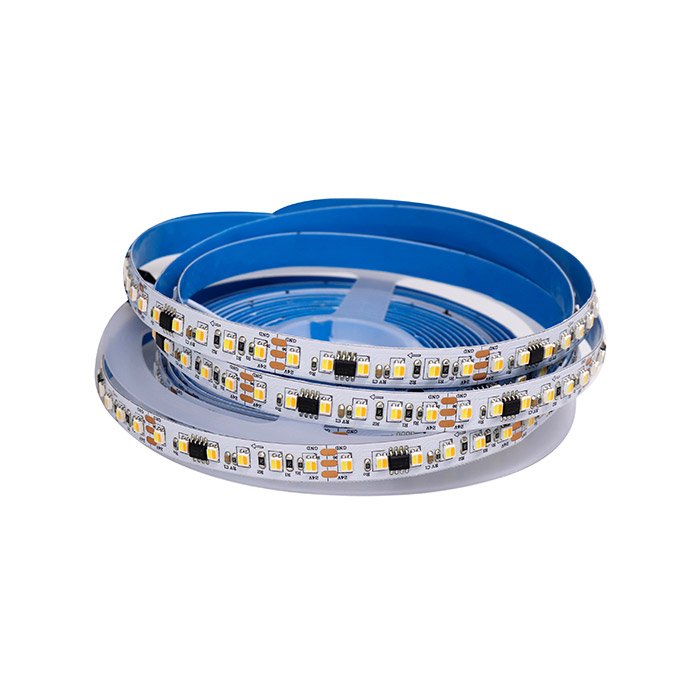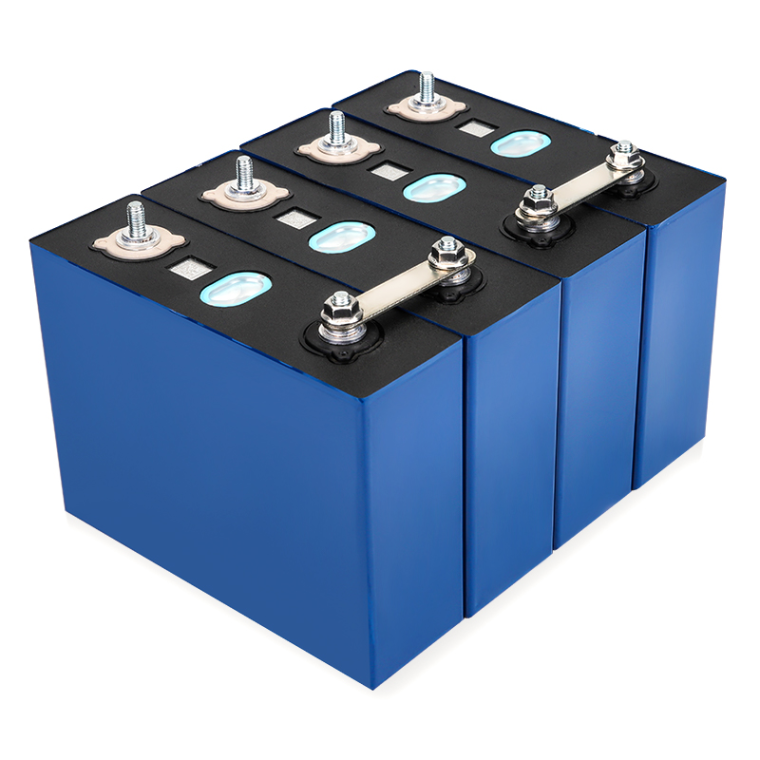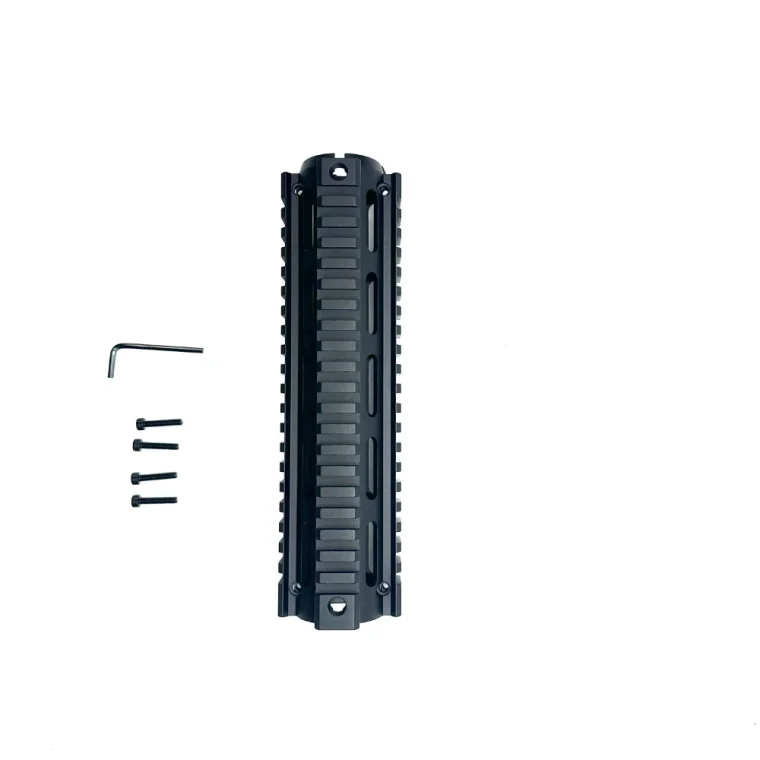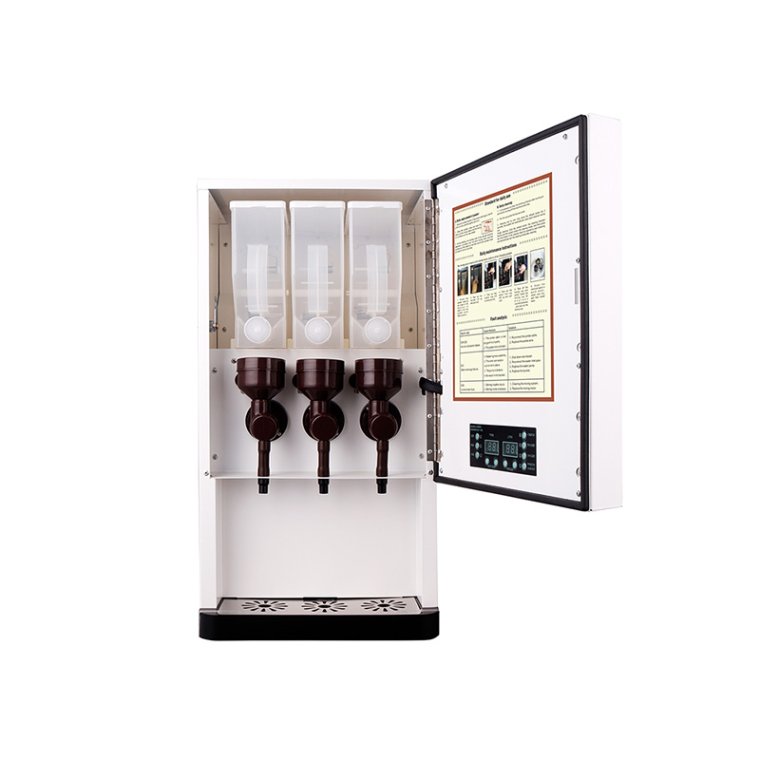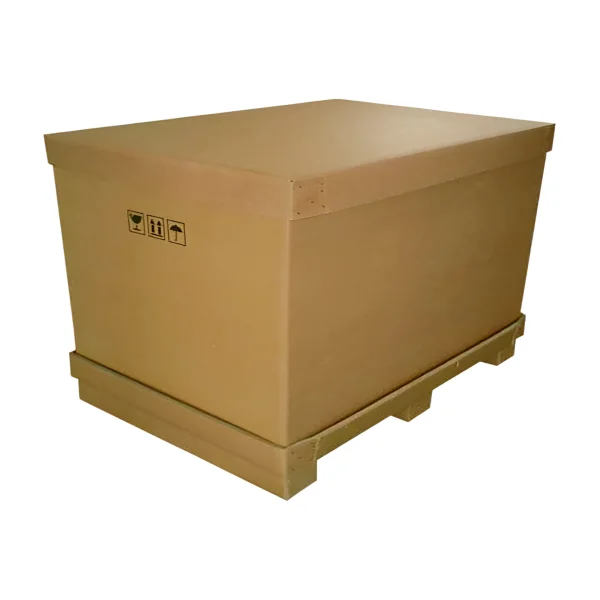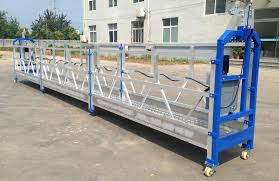Camping is an exhilarating way to reconnect with nature, unwind from the hustle and bustle of everyday life, and create lasting memories. However, for first-time campers, the prospect of preparing for a camping trip can be daunting. What do I need to take camping for the first time? This comprehensive guide will provide you with a detailed checklist of essential gear, tips for preparation, and insights into making your inaugural camping experience enjoyable and stress-free.
Understanding Your Camping Environment
Before diving into the gear checklist, it’s crucial to understand the type of camping you’ll be doing. Are you heading to a remote wilderness area, a national park, or a family-friendly campground? The environment will dictate your gear requirements. For instance, if you’re camping in a colder climate, you’ll need additional insulation and warmth, while a beach camping trip may require sun protection and water gear.
Essential Camping Gear Checklist
- Shelter and Sleeping Gear
- Tent: Choose a tent that suits the number of campers and the season. Look for waterproof materials and good ventilation. A three-season tent is ideal for most conditions.
- Sleeping Bag: Select a sleeping bag rated for the lowest temperature you expect to encounter. Consider the bag’s insulation type—down is lightweight and compressible, while synthetic is more water-resistant.
- Sleeping Pad or Air Mattress: A sleeping pad provides insulation from the cold ground and adds comfort. Air mattresses offer more comfort but may require a pump.
- Pillow: You can bring a travel pillow or stuff a jacket into a stuff sack for a makeshift pillow.
- Cooking and Food Supplies
- Portable Stove or Grill: A compact camping stove is essential for cooking meals. Ensure you have the appropriate fuel for your stove.
- Cookware: Bring lightweight pots, pans, and utensils. Consider a multi-tool for versatility.
- Food and Snacks: Plan your meals ahead of time. Non-perishable items like canned goods, dried fruits, and nuts are great options.
- Cooler: If you’re bringing perishable food, a cooler will keep your items fresh. Ice packs can help maintain the temperature.
- Water Filtration System: If you’re camping in an area without potable water, a water filter or purification tablets are essential for safe drinking water.
- Clothing and Personal Items
- Layered Clothing: Dress in layers to adapt to changing weather conditions. Include moisture-wicking base layers, insulating mid-layers, and waterproof outer layers.
- Sturdy Footwear: Invest in comfortable hiking boots or shoes that provide good support and traction.
- Rain Gear: A waterproof jacket and pants will keep you dry in unexpected weather.
- Hats and Gloves: These are essential for warmth and sun protection, depending on the climate.
- Safety and Navigation
- First Aid Kit: A well-stocked first aid kit is crucial for treating minor injuries. Include band-aids, antiseptic wipes, pain relievers, and any personal medications.
- Map and Compass or GPS Device: Familiarize yourself with the area and have a reliable navigation tool.
- Headlamp or Flashlight: A headlamp allows for hands-free lighting, while a flashlight is essential for navigating at night. Don’t forget extra batteries.
- Miscellaneous Essentials
- Multi-tool or Knife: A multi-tool can serve various purposes, from food preparation to gear repair.
- Trash Bags: Leave no trace by packing out all your trash. Bring extra bags for recycling and waste.
- Camping Chairs: Lightweight, portable chairs can enhance your comfort around the campfire.
- Insect Repellent and Sunscreen: Protect yourself from bugs and sunburn, especially in warmer months.
Preparing for Your Camping Trip
Preparation is key to a successful camping experience. Here are some tips to ensure you’re ready:
- Practice Setting Up Your Tent: Familiarize yourself with your tent before your trip. Practice setting it up in your backyard to avoid frustration at the campsite.
- Test Your Gear: If you’re using new equipment, test it out at home. Check that your stove works, your sleeping bag is comfortable, and your cooler keeps items cold.
- Plan Your Itinerary: Research the area you’ll be camping in. Know the rules, regulations, and any potential hazards. Share your itinerary with someone who isn’t going on the trip.
Conclusion
Camping for the first time can be a rewarding experience filled with adventure and discovery. By preparing adequately and packing the right gear, you can ensure that your trip is enjoyable and memorable. Remember, the key to a successful camping experience lies in planning, preparation, and a spirit of adventure. So gather your gear, embrace the great outdoors, and make the most of your first camping experience!

